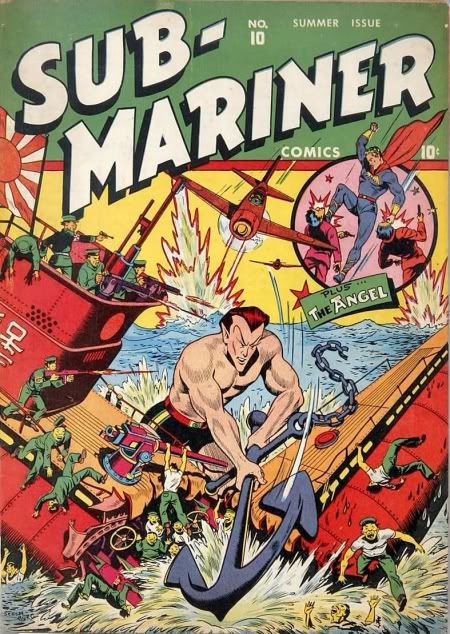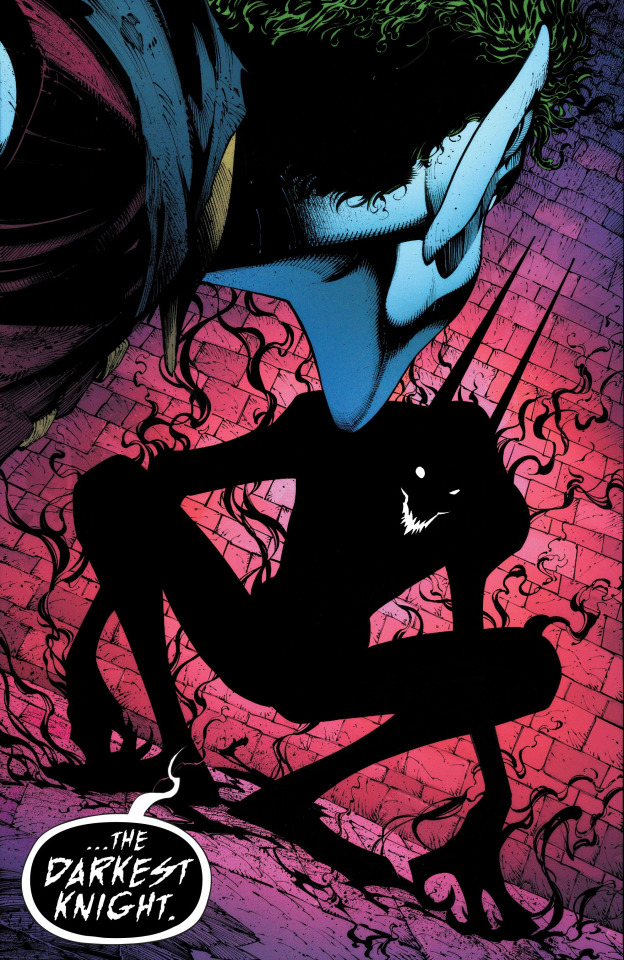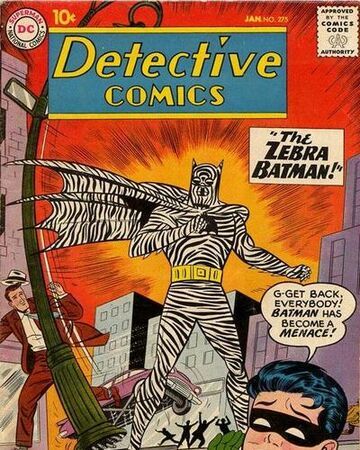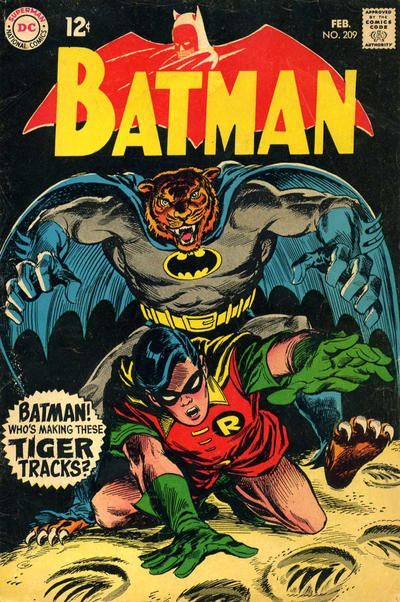Text
Are comic publishers running out of ideas?
With the general histories of both comic books and manga outlined in our slides I think that while it’s worth nothing that the two art forms share their own unique and distinct timelines, the creative processes in which they’ve devolved to I personally think is a statement onto the differences of culture, markets, and countries of which they’re being sold to.
Manga and Comic Books have gone through similar arcs in terms of creation, (being officially created during or following the events of World War II) they’ve both also faced serious scrutiny as a result of moral panic or a code set in place to mandate what would and wouldn’t be acceptable for release to different audiences (Japanese self-censorship, the Comics Magazine Association of America, etc.) Where comics had initially been driven into underground following the years of the 1950′s Manga had instead flourished and expanded to any and every available market, and it was at this point to where they would both determine what would work for each other.

Marvel’s Aquaman (Sub-Mariner) smashing an Imperial Japanese military cruiser with an anchor, also there’s a kamikaze pilot in the background.
Comics hadn’t really appealed to a particular market besides the underground for years, and when the industry and then received rounds of investments they would of course start marketing based on what the investor demanded. Manga was and still written and illustrated to appeal to a purely Japanese and those who wanted to be Japanese market for the longest time, but comic books with newly found budgeting would start creating new and “innovative” storylines with several weird and bizarre one-off storylines.
Now it’s important to know that the history of random one-off series and issues is still on going to this day and may even have become a staple of the art form at this point, to me this stands out as a commonplace American multi-media marketing tactic. A lot of American media use “what if?” scenarios as a means of grabbing the attention of the audience (whether or not the events are canonical).
What inspired me to write about this topic in correlation to our course was the creation of the DC Comics villain The Batman Who Laughs who at first I thought was cool little one-off version of Batman, posing the idea of what if Joker actually won against the Dark Knight? Corrupting him and dooming not only the universe in which he had resided but the multiverse as well? But they’ve continued using this character, and this weird gothic lanky jokerized Batman alternate is become mainstake villain character crossing into other DC Superhero storylines, posing as a Doomsday or Darkseid level threat.

Let me remind you that this is Batman, who inhaled some of Joker’s crazy gas after the Joker exhaled it when he died (I don’t remember how) and ended up going insane and started crossing different parallels universes recruiting evil Batmen alternates and wearing some dark metal which is like normal metal but provides the powers of darkness and evil. He dies at some point and someone steals his brain, and like four different evil versions of Batman’s butler Alfred (who can do brain transplants and neurosurgery) put his brain in a version of Bruce Wayne crossed with Dr. Manhattan, so now this guy has universal time and physics altering superpowers and now is called the Darkest Knight.

I know that comic books are meant to be unrealistic and everything, but I expect as a reader for there to be a degree of superhero esque logic within that universe. Parallel universes and the concept of a multiverse isn’t exclusive to DC Comics however (just look at marvel’s paperback and cinematic universe) but this new concept of an wide, expansive and possibly infinite multiverse has become the manifested and literal concept of endless one-off and attention grabbing storylines.
It’s interesting how while with Manga and Japanese marketing over the years there’s been and expanse into a setup of all current established genres, there really hasn’t been any desire or need for some sort of genre defying trope spread across the particular artform. Yes there are franchises and manga which deal with the concept of metaphysics or fantastical and unrealistic concepts (All You Need Is Kill, Death Note, etc), it’s not like in a magazine featuring several different types of independent published works with unique genres and illustrations there’s a serious demand for these unique series to collide or interact because audiences were fine with it on their own. Maybe it’s matter of preference, but I think that these series were just fine on their own.
1 note
·
View note



